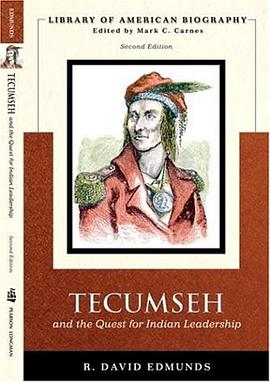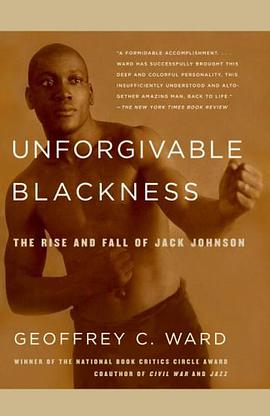

Music's inclusivity - its potential to unite cultures, disciplines, and individuals - defined the life and career of Lou Harrison (1917-2003). Beyond studying with leading composers of the avant-garde such as Henry Cowell and Arnold Schoenberg, conducting Charles Ives' Pulitzer Prize-winning "Third Symphony", and staging high-profile percussion concerts with John Cage, Harrison has achieved fame for his distinctive blending of cultures - from the Chinese opera, Indonesian gamelan, and the music of Native Americans to modernist dissonant counterpoint. Miller and Lieberman also pull readers into Harrison's rich world of cross-fertilization through an exploration of his outspoken stance on pacifism, gay rights, ecology, and respect for minorities - all of which directly impacted his musical works. Though Harrison was sometimes accused by contemporaries of "cultural appropriation", Miller and Lieberman's brisk study makes it clear why he is now lauded as an imaginative pioneer for his integration of Asian and Western musics, as well as for his work in the development of the percussion ensemble, his use of found and invented instruments, and his explorations of alternative tuning systems. Harrison's compositions are examined in detail through reference to an accompanying CD of representative recordings.
具體描述
讀後感
評分
評分
評分
評分
用戶評價
相關圖書
本站所有內容均為互聯網搜索引擎提供的公開搜索信息,本站不存儲任何數據與內容,任何內容與數據均與本站無關,如有需要請聯繫相關搜索引擎包括但不限於百度,google,bing,sogou 等
© 2025 qciss.net All Rights Reserved. 小哈圖書下載中心 版权所有




















